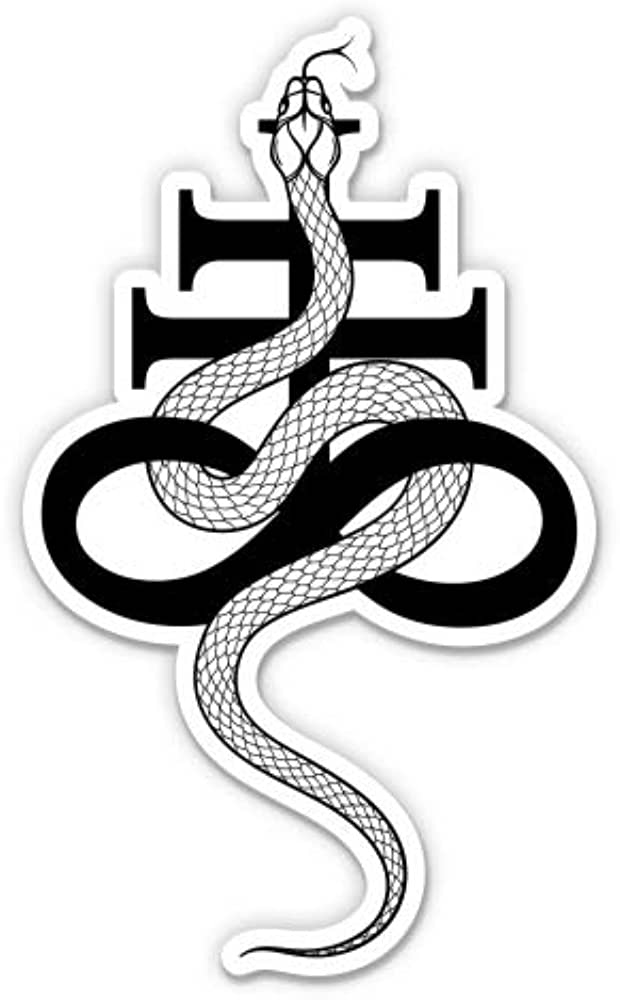Insider Satanism
This is a individual recovery plan, for substance abuse or otherwise.
We allign with the values of Outsider Satanism
- Critical Thinking and the Pursuit of Knowledge
- Balance
- Wonder
- Personal Freedom
- Celebration of the Self
- Justice
- Rebellion
- Acceptance

Insider Satanism is anti-dogmatic. We are self-suspicious. We oppose book worship. We search for and eradicate our prejudice.
You are encouraged to build your own recovery with your own books and beliefs. We are pluralists, unlike supremacist ideologies like Christianity and Islam that claim only their ways are true salvation. The only importance is that our beliefs follow our best understanding of science. If something doesn't work, don't fool yourself. If something does, keep it.
Insider Satanism endorses harm reduction.
We currently support Naltrexone and pharmacuetical extinction of alcohol cravings using the sinclair method. This is not an abstinence only program, but long term absitence from subtance abuse is understood as the ideal.
The science on naltrexone/vivitrol does not have full consensus. Some research has said it is ineffective. Some research says it is, in reducing the frequency and the amount of alcohol consumed. It it also possibly useful for opioid dependence
We believe absitence only programs are shaming, not based on science, and incapatible with our methods. 12 step programs demand submission. 12 step programs are apologists for abuse, from your boss, your significant others, your parents; they demand "what's your part in it" from horrors. They claim they believe addiciton is a disease, but it needs to be cured through healing your "defects of character" and only the quasi-christian God can do it. Sounds a lot like they still think it's a moral disease.
You are powerful, you can change your world. The people around you are weak, and they can not do it. There is no God that will make you sober. You have to validate yourself.
We support the scientific community and therapy treatments. If any therapist invalidates you or makes you feel shame, try another. As an addict or in another recovery, you're likely vulnerable to being tricked into shame. You must be guarded. You know when you feel bad, when to apologize.

